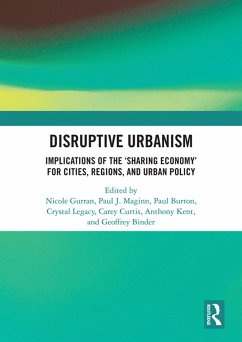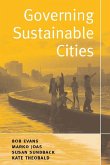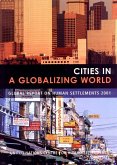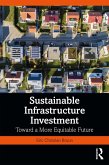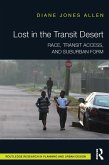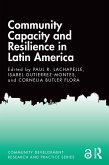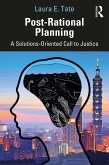Disruptive Urbanism examines how different forms and modes of the so called "sharing economy" are manifesting in cities and regions throughout the world, and how policy makers are responding to these disruptions.
The emergence of the so called "sharing economy" and the "disruptive technologies" have profound implications for urban policy and governance. Initial expectations that "sharing" of homes, offices or vehicles could solve urban problems such as congestion or housing affordability have given way to concerns over job precarity, neighbourhood transformation, and the growing power of platforms in disrupting urban governance and regulation. Contributors to this volume canvas these issues, examining how the "sharing economy" is manifesting in urban areas, the implications of this for urban living, and how policy makers are responding to these changes. Implications for urban research, policy, and practice are highlighted through chapters which address forms of urban "sharing" across housing, transport, work, and food and wider processes of globalisation and neoliberalism as they disrupt cities and urban policy making.
Disruptive Urbanism will be of great interest to scholars of urban planning, urban governance, the sharing economy, and housing studies. The chapters were originally published as a special issue of Urban Policy and Research.
The emergence of the so called "sharing economy" and the "disruptive technologies" have profound implications for urban policy and governance. Initial expectations that "sharing" of homes, offices or vehicles could solve urban problems such as congestion or housing affordability have given way to concerns over job precarity, neighbourhood transformation, and the growing power of platforms in disrupting urban governance and regulation. Contributors to this volume canvas these issues, examining how the "sharing economy" is manifesting in urban areas, the implications of this for urban living, and how policy makers are responding to these changes. Implications for urban research, policy, and practice are highlighted through chapters which address forms of urban "sharing" across housing, transport, work, and food and wider processes of globalisation and neoliberalism as they disrupt cities and urban policy making.
Disruptive Urbanism will be of great interest to scholars of urban planning, urban governance, the sharing economy, and housing studies. The chapters were originally published as a special issue of Urban Policy and Research.
Dieser Download kann aus rechtlichen Gründen nur mit Rechnungsadresse in A, B, BG, CY, CZ, D, DK, EW, E, FIN, F, GR, HR, H, IRL, I, LT, L, LR, M, NL, PL, P, R, S, SLO, SK ausgeliefert werden.

